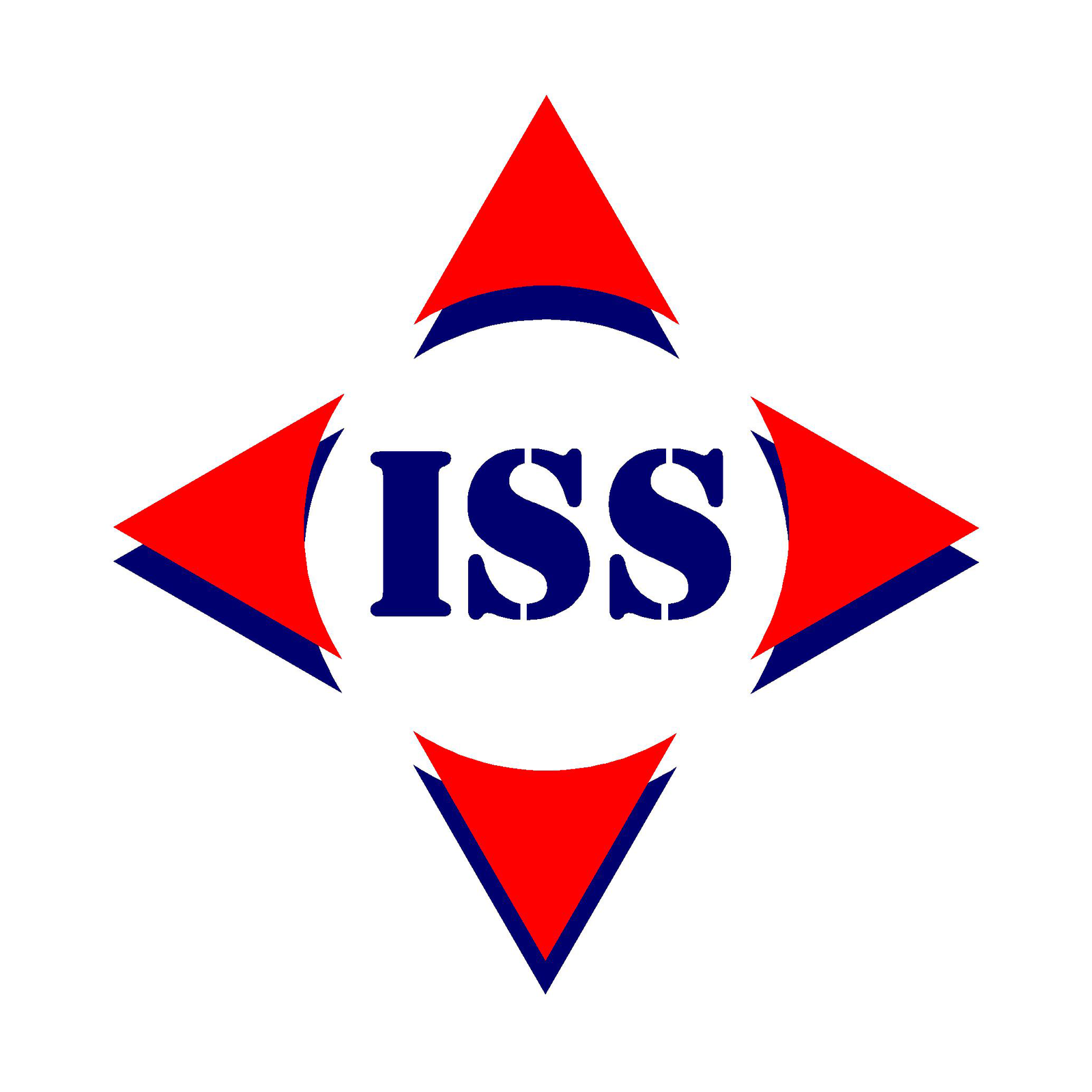
The waybill and the bill of lading (BoL) are two documents that are used in shipping. Although they sound similar and are often mistakenly confused, it is important that you understand the differences between the waybill and the BoL as there are some vital differences between the two.
To find out what these differences are, read on for ISS’s guide to the difference between the waybill and the bill of lading.
The Bill of Lading
Out of all of the documents associated with shipping, BoLs are arguably the most important. The bill of lading serves three primary purposes:
- Evidence of a contract between the shipper and carrier,
- Receipt of goods: specifies type, quantity, and final destination of the shipment,
- Document of title (ownership).
The Waybill
Waybills include much of the same information as the bill of lading, however without the legal power of a contract. A waybill is typically issued by the transporter of the goods and contains basic details such as the names and addresses of the shipper and receiver. Waybills also contain registration and identification numbers, and will typically contain a description of the goods.
What Information is Included on Both Bills of Lading and Waybills?
BoLs and waybills must both include the following information:
- The shipper’s name,
- The shipper’s address and contact information,
- The carrier’s name,
- The carrier’s address and contact information (including identification number),
- The consignee’s name,
- The consignee’s address and contact information,
- The port or airport of loading,
- The port or airport of unloading,
- The ship or vessel’s name and identification number,
- A description of the freight,
- The condition of the freight,
- The number of pieces, packages, or pallets of cargo,
- The length, width, height, and weight of the cargo,
- Payment information,
- The terms of contract,
- Any special handling instructions.
Although there are some noticeable similarities between the BoL and the waybill, it is important that you get them right and differentiate them sufficiently. Failure to do so can cause major delays and disruptions in your supply chain.
In order to avoid these complications, we recommend you get in touch with ISS. With many years of experience in the industry, we understand what is needed to get your freight from point A to point B efficiently and cost-effectively.
For more information, call ISS Shipping now!




